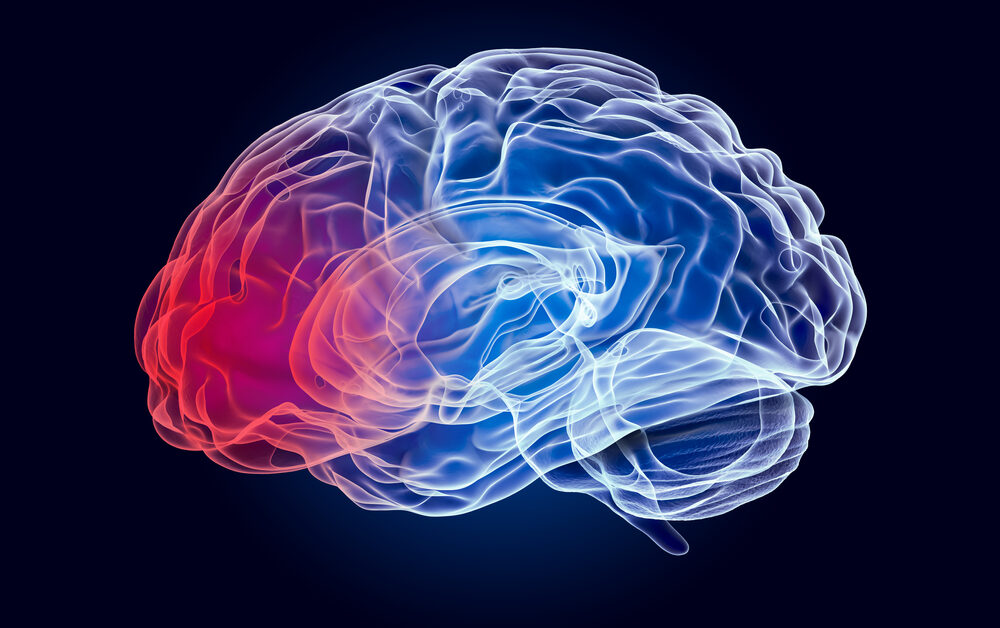Newsletter Signup - Under Article / In Page
"*" indicates required fields
NodThera has announced positive, initial data from four subjects in the elderly volunteer stage of its phase Ib/IIa study evaluating the effects of its lead candidate NT-0796 on inflammatory and disease-specific biomarkers in the blood and cerebrospinal fluid (CSF).
NodThera is a clinical-stage biotech developing brain-penetrant NLRP3 inflammasome inhibitors to treat chronic inflammatory diseases.
Alan Watt, chief executive officer of NodThera, said: “Taken together, these initial findings represent the first unambiguous demonstration of modulation of neuroinflammation in a human population with an NLRP3 inflammasome inhibitor. In designing our Parkinson’s disease study, we deliberately chose to measure the effects of NT-0796 in an elderly volunteer population as the first stage, since age is a clear factor in increased neuroinflammation.
“Demonstrating such rapid decreases in just seven days, across a broad range of neuroinflammatory biomarkers in the CSF, particularly NfL, is a striking result, as other drugs have required an extended timeframe of months or even years to show reduction of this biomarker. Our data provide clear validation of our strategy to take highly differentiated brain penetrant molecules into the clinic and justify our confidence in the potential of NT-0796 to treat diseases such as Parkinson’s disease and Alzheimer’s disease.”
Paul Matthews, head of the Department of Brain Sciences in the Faculty of Medicine of Imperial College London, said: “These data, while still very preliminary, provide promising evidence of the potential of NLRP3 inhibition to modulate the neuroinflammation associated with Parkinson’s disease. This is an exciting area. Development of molecules based on this concept could lead to a step change in the treatment landscape for neurodegenerative diseases more generally.”
Significant anti-inflammatory effects in plasma and CSF for NodThera’s NT-0796
Initial data from the ongoing study confirm earlier findings from the completed first-in-human and preclinical studies with NT-0796 showing excellent pharmacokinetics with a novel capsule formulation.
Subjects in the study were cannulated and CSF-sampled on day one (pre-dose) and day seven following daily NT-0796 dosing. CSF drug levels were confirmed as consistent with previous observations and a range of inflammatory CSF biomarkers demonstrated meaningful reductions.
Neurofilament light chain (NfL), exclusively synthesized in the central nervous system (CNS), decreased by approximately 25% over seven days in the most inflamed subject and by 13% on average. NfL is now recognised by the U.S. Food and Drug Administration (FDA) as a key biomarker of neuroaxonal damage and neurodegeneration.
A full panel of cytokines, chemokines and adhesion molecules known to be associated with neuroinflammation were determined in the CSF, with the most inflamed individuals again demonstrating the most robust reductions. As previously observed, the most inflamed subjects at baseline showed the largest decreases in key peripheral inflammatory markers, C-reactive protein (CRP) and fibrinogen. Consistent reductions in circulating levels of unstimulated IL-1β, IL-18 and TNFα were also seen in subjects on day seven compared to day one.
NodThera’s phase Ib/IIa study in Parkinson’s disease, previously announced in June 2023, is currently recruiting into the patient arm of the study. The innovative clinical biomarker panel was designed using the preclinical profile of NT-0796 which demonstrated modulation of cytokines, chemokines and markers of gliosis relevant to neuroinflammatory disease.






